Our Approach
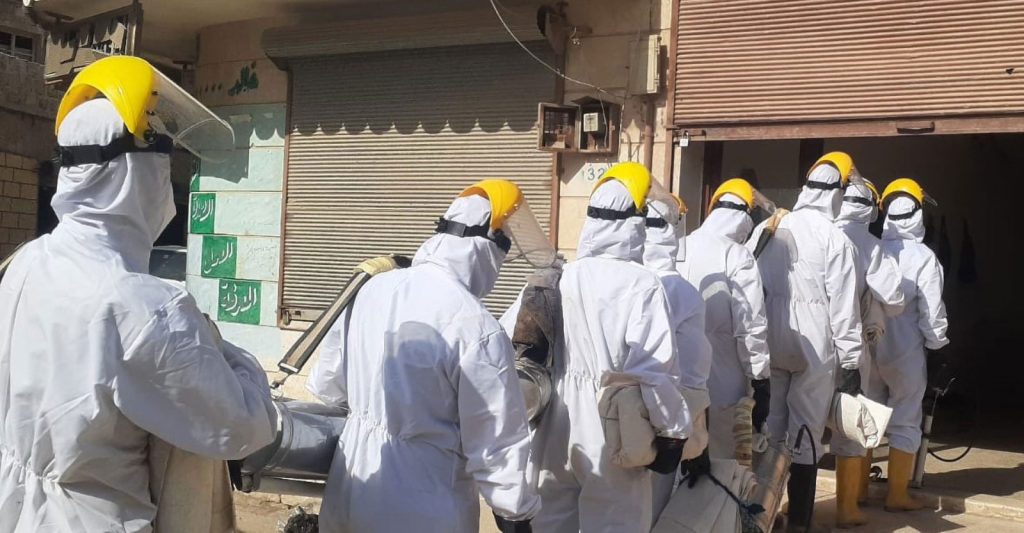
Ensuring cost effective interventions which meet the needs of people most at risk, and makes a lasting, positive difference to the countries where we work.
Training
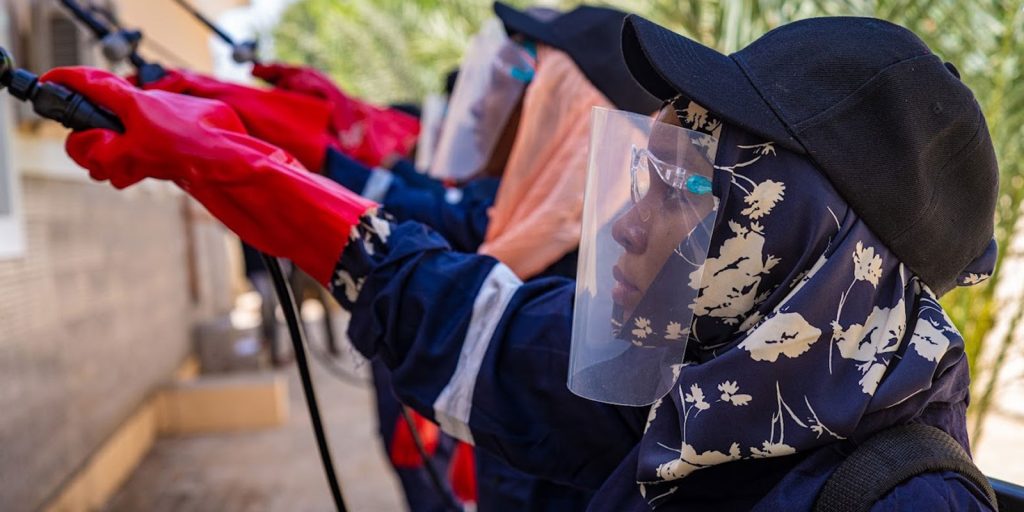
Focusses on evidence-based strategies and best practices to increase the ability of organisations to effectively address diseases.
Emergency Response
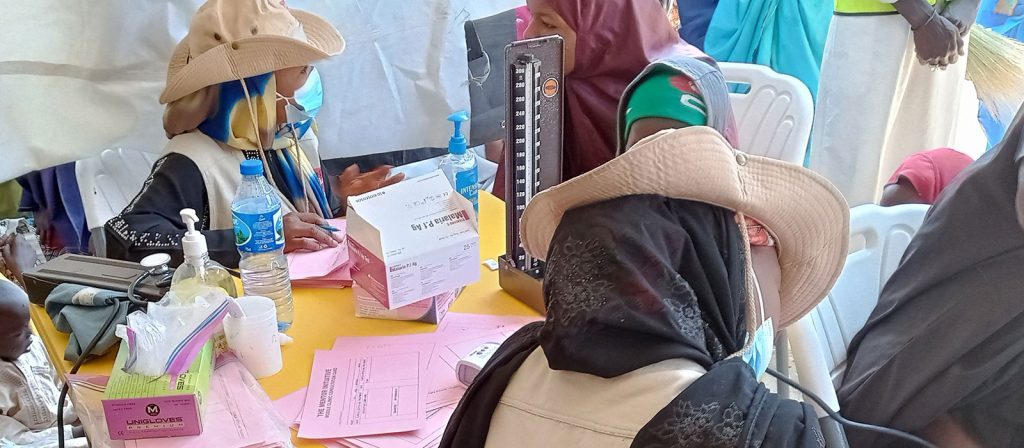
Providing immediate response to the health needs of people affected by acute emergencies such as an extreme weather event or conflict.
Social and Behaviour Change Communication
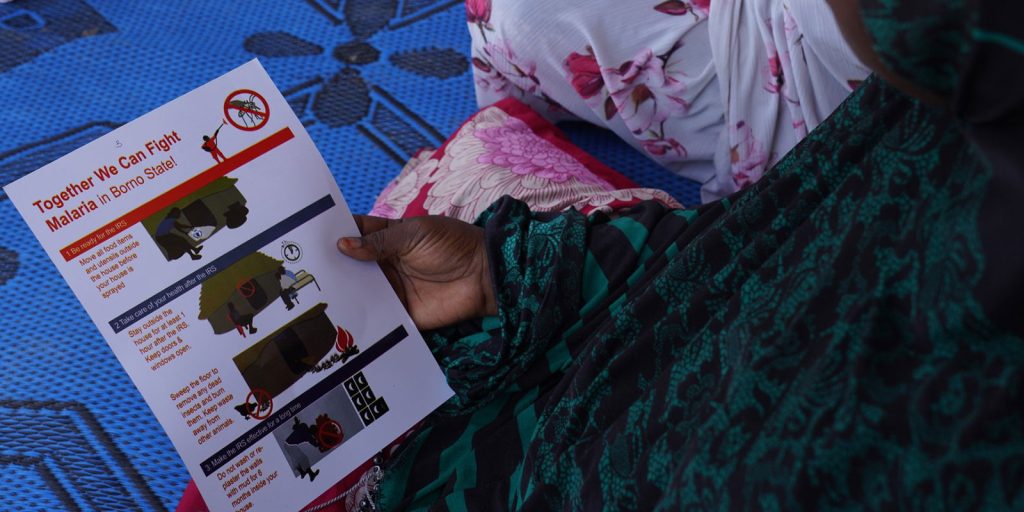
Promoting behaviour change, and encouraging the use of preventive measures and adoption of vector control interventions, and healthy behaviours.
Monitoring, Evaluation and Learning
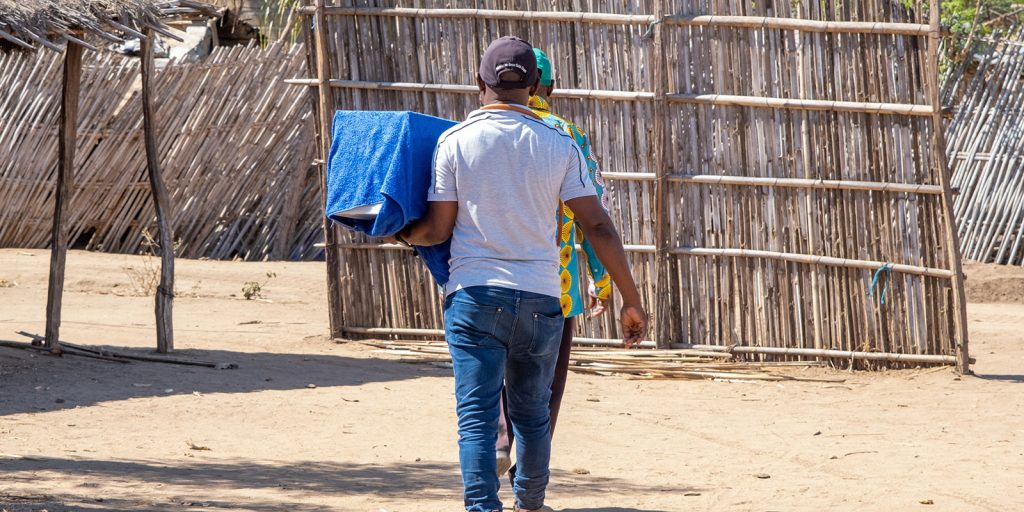
A core component of our programmes that assesses the impact, effectiveness and efficiency or interventions, whilst influencing decision-making that improves health outcomes
Training in southern Angola improves surveillance activities for malaria elimination
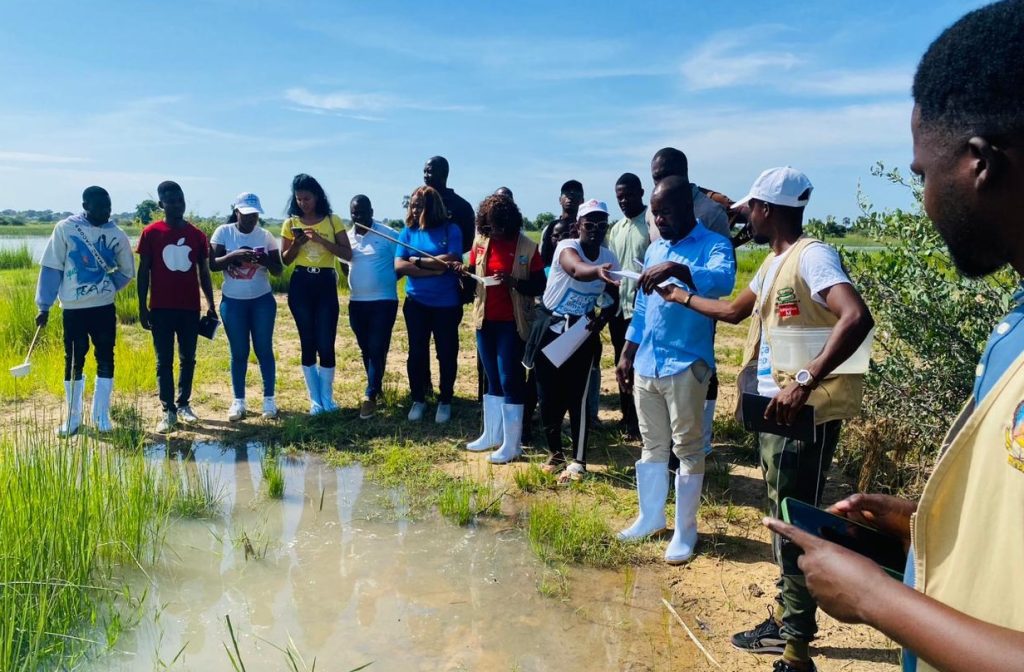
District level training in two provinces in southern Angola was carried out recently to improve malaria surveillance for elimination in this border region. The training covered entomology and vector control elements defined in the Malaria Surveillance for Elimination Manual of Angola NMCP. Training started last week with municipal supervisors and surveillance officers in the local […]
Refresher training for community health workers in northern Mozambique

The MENTOR team in Mozambique has been delivering refresher training to health teams and technicians over the past few weeks, in partnership with the Provincial Health Directorate in Cabo Delgado Province. The APS refresher training and the subsequent technical support they will receive is essential to improve access to quality health care for people in […]
Malaria behaviour study in Angola
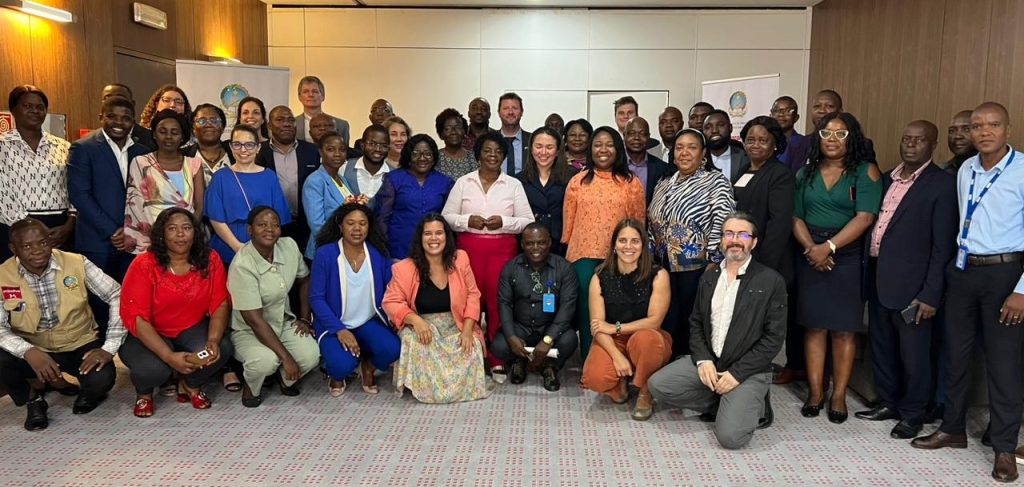
The National Malaria Control Program (NMCP) of Angola and Breakthrough ACTION project led a meeting recently to discuss the initial results from a Malaria Behaviour Survey conducted in three provinces between March and April 2023. The survey aims to understand the behaviours and perceptions of the general population towards malaria prevention, treatment, risks, and consequences. […]
Community-based healthcare for crisis-affected communities in Central African Republic
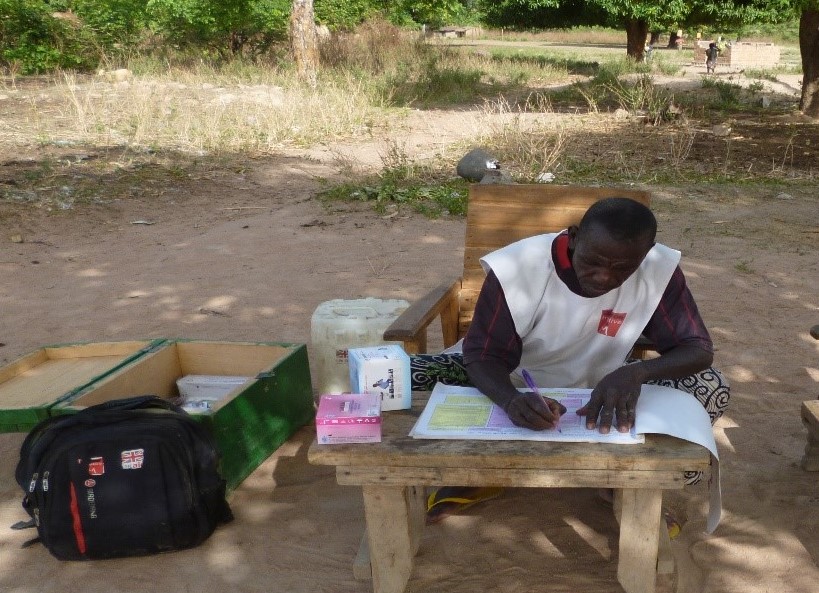
A network of community health workers (CHWs) is responding to the humanitarian crisis in Central African Republic by delivering critical primary healthcare to vulnerable communities affected by ongoing conflict in the country. Since 2008, this network of 450 CHWs has allowed The MENTOR Initiative to navigate violence and insecurity to reach communities in fragile areas […]
Sustainable water and sanitation in South Sudan

59% per cent of the population in South Sudan does not have access to safe water, according to UNICEF. Dirty water, poor hygiene practices and a lack of sanitation significantly increases the risk of diseases like cholera and acute diarrhoea – the leading cause of death among children in the country. This crisis is compounded […]
